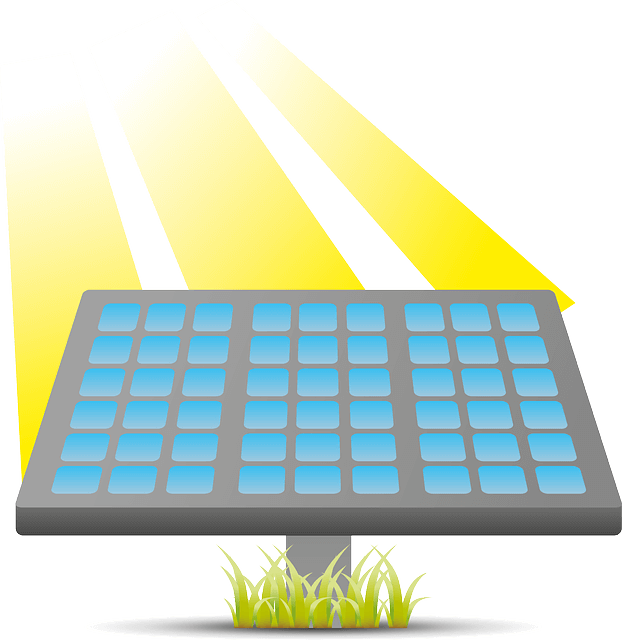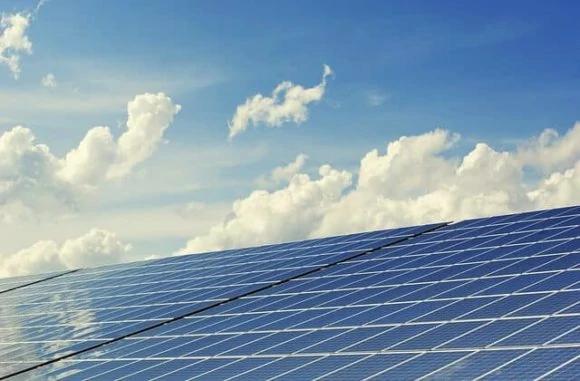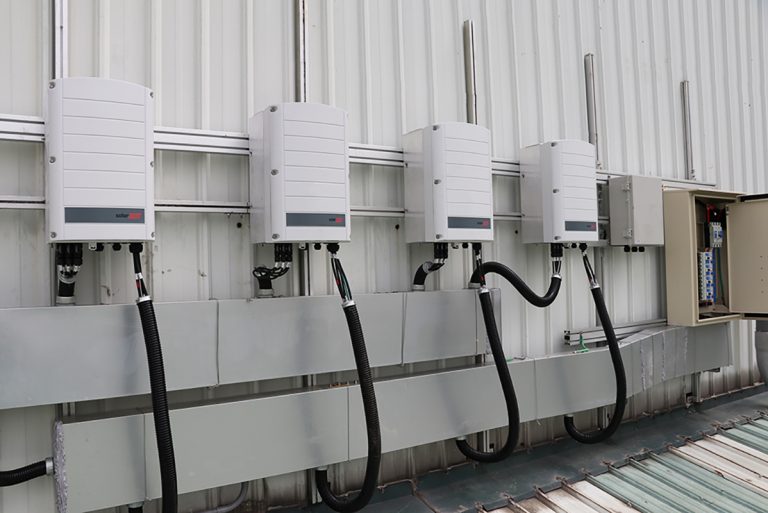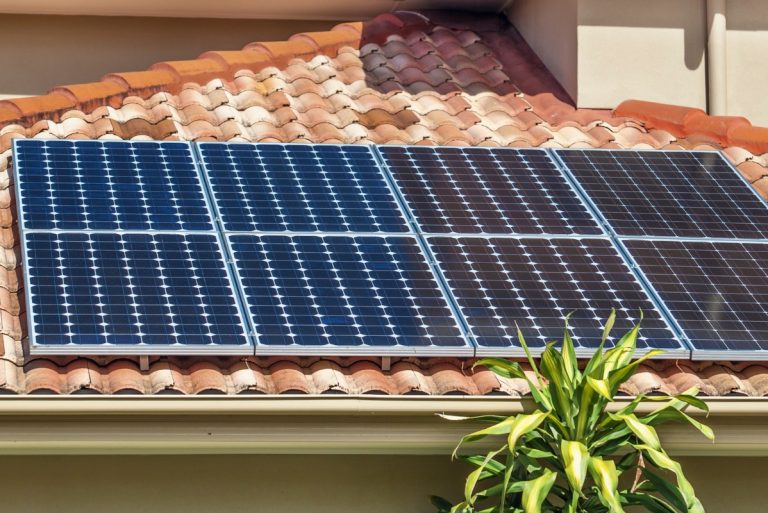When talking about renewable energy, solar energy is the first source that crosses many minds. These environmental benefits of solar energy are the reason for this.
13 Important Health & Environmental Benefits of Solar Energy
Solar energy is a natural, unlimited, and renewable energy source that emits no gases or by-products that contaminate the environment or the air. It is sunlight converted to energy for use, just like regular electricity. Today we will look at the various environmental benefits of using solar energy.
People all over the globe install solar panels to help cut down on electricity costs. The use of solar energy does not only save you money, but the environment benefits too. Regular electricity is produced by the use of tons of water and the burning of fossil fuels, which have harsh effects on the environment.
The use of green energy makes people less reliant on the power grid.
Solar panels are placed in open fields or the rooftop of buildings; hence, it takes up no space; neither does it inconvenience you. So, what are these benefits?
The Health And Environmental Benefits of Solar Energy
- Saves water which is the main requirement for survival to flora and fauna
- Solar energy does not pollute the air
- Widespread use of solar energy slows climate change
- Solar energy reduces the carbon footprint
- Solar energy reduces the dependence on fossil fuels
- It has Zero energy production costs
- Little or no loss of energy during transportation
- Versatile installation
- Energy produced coincides with the demand
- Impact on the environment
- Improved security of the power grid
- It has economic savings
- Positive Impact on the economy
-
Solar Energy Saves Water
Each new day is a close risk of running short of water. Regular electricity production entirely depends on water. Tons of liters of water are used during production to cool off generators, refine fuel, and to help transport the fuel in pipes.
Solar panels, on the other hand, need no water to convert sunlight into energy. The more people install and switch to using solar energy is, the more precious commodity is saved.
-
No Pollution From Solar Energy
During the production of electricity, there are many byproducts emitted into the atmosphere threatening the natural air we depend on to breath.
These gases are carbon dioxide and methane, and they are toxic hence endangering our health each new day. They are also blamed for causing some cancers.
-
Solar Energy Slows Climate Change
Toxic gases produced during the generation of electricity enhance the greenhouse effect, not to mention air pollution. The greenhouse effect takes place when the earth’s surface is warmed to high temperatures.
This is influenced by human activities. Most catastrophic events happening today are blamed on the planet’s warming. The use of solar energy reduces these human activities hence reducing the effects of climate change.
Powering a household or work plant with solar energy cuts down on pollution in the environment and the air.
-
Reduction of Carbon Footprint
Solar energy is clean, efficient, and sustainable for your household or workplace. Carbon dioxide is produced mostly during the generation of electricity and also during consumption.
Solar panels have no emissions whatsoever hence a guarantee of no carbon footprint if you depend on the natural energy. Here is why you should care about the environment.
-
Solar Energy Reduces Reliance On Fossil Fuels
Installing the proper solar panels in size and energy production means that your home can run without regular electricity. Automatically the demand for electricity goes down; hence, the fear of fossils running out is reduced.
Fossils may be in high supply or availability today, but one day, they may run out. What happens then? If everyone can install solar panels, then the dependence of fossil fuels will be cut down and the dangers it posses too.
-
Zero Energy Costs
Solar does not need outside supply, attachment, or support to work. Its maintenance and energy production costs stand at zero.
The only cost you incur is when you purchase your panels and installing them. You can invest in power-saving batteries, an inverter to save energy for later use like at night. It takes years to do maintenance on the panels.
-
Less Energy Lost During Distance Transportation
Regular electricity is produced then supplied to substations. It is further distributed to customers, some of whom are far away from the substation.
During this process, some energy is lost. It may be little per supply, but it amounts to much when as supplied to many. These are some troubles unknown to solar energy users.
Solar energy is harnessed easily and used directly from the source. Its transportation is within the source, minimizing distance covered and energy loss of any kind.
See Related: Solar Street Lights Overview
-
Versatile Installation
Installing solar panels is easy, and one can do it on their own with a manual guide. No restrictions as to where they can be mounted as long as it is direct to the sun for maximum absorption of sunlight.
This simplicity facilitates its installation for small scale use as well as a large scale depending on demand.
Electricity distribution to remote rural areas is expensive and almost unachievable. Solar energy is ideal for such places. Also, there are no more hassles after installation. Here is how to test a solar panel.
-
Solar Energy Produced Coincides With The Demand
Energy demands are high during the day and drop significantly in the night. Solar energy is ready to use and can be produced in excess then stored for future use.
You just need to invest in powerful batteries, an inverter, and always remember to charge them during the day. You don’t need much power at night but choose batteries that store for you a good amount of energy.
-
Impact On The Environment
Solar energy has no effect on the environment as it does not produce any by-products. No waste is generated in this process, either.
Also, it may take you years to carry out maintenance on your installed panels because they are built to withstand harsh weather conditions. They are permanently fixed on your rooftop or open yard hence no wear and tear at all!
-
Improved Security of The Power Grid
The more people use solar energy, the demand for electricity goes down. The burden of supply eases, and the power grid has fewer problems to deal with like blackouts or voltage dips. No fires or overloads on transformers and no fires in substations.
-
Economic Savings
Since solar energy is harnessed from nature, which is the sun, the costs of production, distribution, and maintenance are greatly reduced.
After your initial installation, which must be done well to ensure maximum output and efficiency, you have no more bills to settle — only an unlimited supply of clean power.
-
Economic Input
Widespread use of solar energy creates jobs that impact the economy of a certain area positively. Not every solar panel owner is able or will want to self install their panels. Hiring a professional to do so creates jobs, and in return, the economy grows.
Solar Energy Statistics
- The sun produces 173,000 terawatts of solar per second, which is 10,000 more the amount of electricity produced in the whole world. Solar energy is reliable and will never run out.
- It can be used over and over as long as the sun is shining. In times when it is windy, cloudy, or rainy, just save some energy and use then. Some panels are sensitive to short moments of sunshine. Don’t worry that you could go without electricity any day.
- Fossil fuels are not renewable. They may be available in plenty today, but there is a chance of running out someday. The more they become scarce, the more expensive they will be and more damaging to the environment.
Solar Panel Carbon Print
Greenhouse gas emission is responsible for over 72 grams of carbon dioxide, which is equivalent to a kWh of electricity generated.
Any solar power plant also has an average environmental footprint of about 20gm of CO2 for every kilowatt-hour of electricity generated on top of consuming large water amounts. This is way low than the carbon print effect by regular electricity production.
During the production of solar panels, manufacturers handle toxic chemicals. However, once the panels are complete, they emit no toxins into the atmosphere.
Personal Carbon Footprint
This is the amount of carbon gas emitted as a result of your choices or activities. It is influenced by the energy mix in your area. How much energy you use each day and your transportation habits.
The amount of carbon dioxide gas emitted to support human activities is expressed as a carbon footprint. As an individual, there are so many ways to reduce carbon footprint and benefit the world at large.
See Related: Best Solar Energy Questions to Ask
Ways to Reduce Carbon Footprint
- Installing solar panels in your home.
- You can get a professional to help you get the most out of your purchased solar panel.
- Unplug devices. All devices that are not in use should be switched off or unplugged to avoid more use of energy.
- Drive less – Use your car for transportation only when necessary. The exhaust smoke is too much for the air we breathe. Minimize driving all the time.
- Plant trees anytime it is raining. Trees help purify the air.
- Make gardens at home and consume the local food you plant
- Line dry your clothes. Drying clothes out in the sun is the best way. The sun kills any organisms or chances of them incubating on your clothes.
More Health Benefits of Solar Energy
Burning fossils to produce electricity deposits more toxic gases in the atmosphere. This endangers our lives every new day. If more people could start to use solar energy, some diseases like asthma, bronchitis, and some cancers can be minimized.
Some natural disasters like droughts, cyclones, storms, extreme heat are all associated with the production of electricity. Most human activities that facilitate regular energy production directly or indirectly affect human health.
See Related: Solar Panel Angle by Zip Code
General Benefits of Solar Energy
Solar energy is readily available for use upon installation. It is renewable and inexhaustible in whatever quantity required. Below are the general benefits of solar energy.
- Power bills are no longer part of your budget
- Diverse applications without limits
- There are low or no maintenance cost
- Technology development of more efficient panels
- It is weather dependent
- Solar energy can be stored
This form of energy has many social benefits ranging from economics, oil dependence to produce electricity, health benefits, reduction of energy imports for countries that are not self-sufficient in the generation of their own power, and local development, among others.
Solar energy is renewable and inexhaustible, which makes it the best source of energy anywhere though it has not been adopted as widely as it should be. If governments can make programs that incorporate the use of solar energy, then the world would be a better place.
The generation of electricity depends on the burning of fossil fuels. The companies that produce electricity entirely depend on oil. Air pollution and environmental pollution remain high because the demand for electricity is quite high.
Dependence on oil can only go down by the widespread use of solar energy. This reduces the amount of pollution and the harsh environmental effects that come about as a result of energy production.
Remote areas that are hard to supply electricity have turned to the use of solar energy. These areas have fresh, cleaner air, healthy people who are not prone to diseases, no unexplained natural disasters, among other benefits.
Technology is advancing, and it is likely to get better in the near future hence an increase in solar panel effectiveness by double. Solar energy users benefit as the market floods with better panels; then, their prices might even go lower.
See Related: Should You Buy or Lease Solar Panels?
Conclusion On Environmental Benefits of Solar Energy
All the above environmental benefits of solar energy make it one of the best sources of power for our homes, sailboats, or work areas. It is beneficial to both humans and the environment. A power source that promises good health is worth the try.
Solar energy is not as widespread as it should though it is the best source of clean energy. Purchasing and installing is the only costs associated with solar energy.
Are the benefits covered here beneficial? If you have any comments, observations, or opinions on this post, feel free to leave a comment below.











